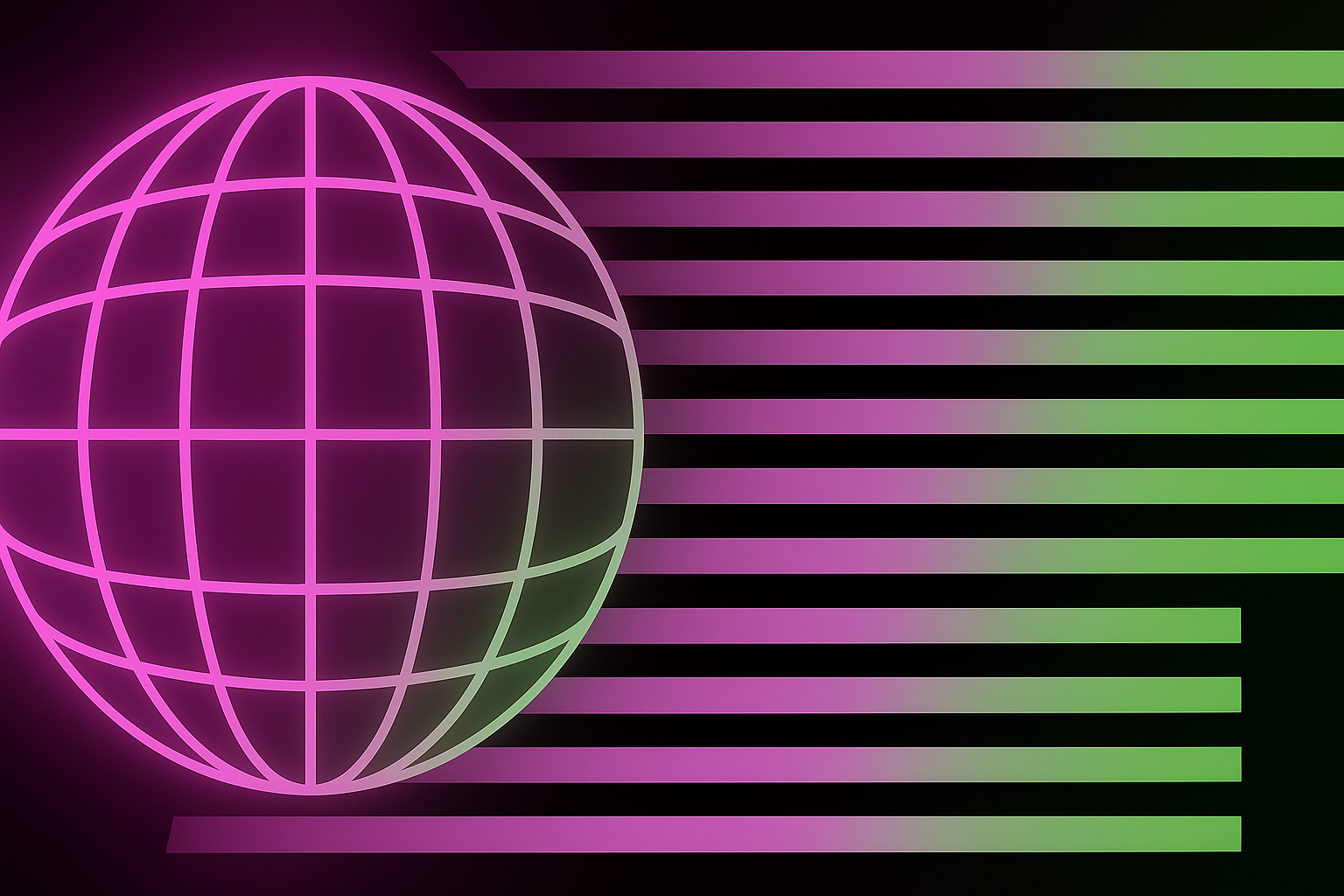OpenAI updates ChatGPT search with smarter answers and image search

OpenAI has rolled out a major update to ChatGPT's integrated search, introducing smarter answers, better handling of long conversations, and a new image search feature.
According to OpenAI, the revamped system delivers more accurate responses, understands longer context, and follows instructions more reliably, especially during extended chats. Repetitive answers should be less common, and for complex questions, ChatGPT now runs multiple searches in parallel before responding.
The new search lets users look up information online using uploaded images, adding a multimodal search tool to the platform. In internal tests, users preferred the new search results over the old system, OpenAI says.
Some answers may be longer than before, and for simple queries, the new chain-of-thought approach can sometimes produce unnecessarily complex reasoning. OpenAI plans to address this with a gradual fix. Incorrect answers are still possible, and users are advised to double-check the information ChatGPT provides.
Changing the balance of the web
ChatGPT's search function could change how the web works. Instead of sending users to external sites, ChatGPT provides answers directly in the chat window. This puts website operators in a difficult position: sites not included may lose visibility, while those that are included lose control over how their content is shown and may miss out on advertising revenue.
OpenAI has signed licensing deals for news searches with select publishers, including the Associated Press, Axel Springer, Financial Times, Reuters, and Vox Media. The terms of these agreements and how they are negotiated remain unclear.
For sites without a license, the situation is complicated. To appear in ChatGPT search, they would need to open up their content via robots.txt, but early studies show chat-based search drives far less traffic than traditional web search. It's a lose-lose situation.
AI News Without the Hype – Curated by Humans
As a THE DECODER subscriber, you get ad-free reading, our weekly AI newsletter, the exclusive "AI Radar" Frontier Report 6× per year, access to comments, and our complete archive.
Subscribe nowAI news without the hype
Curated by humans.
- Over 20 percent launch discount.
- Read without distractions – no Google ads.
- Access to comments and community discussions.
- Weekly AI newsletter.
- 6 times a year: “AI Radar” – deep dives on key AI topics.
- Up to 25 % off on KI Pro online events.
- Access to our full ten-year archive.
- Get the latest AI news from The Decoder.